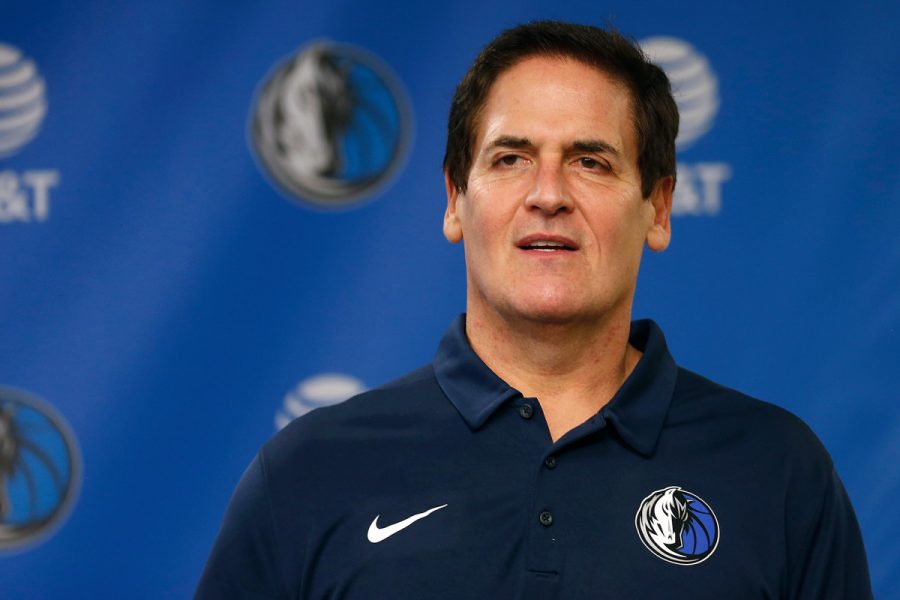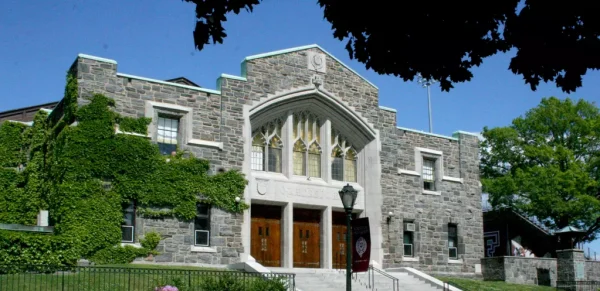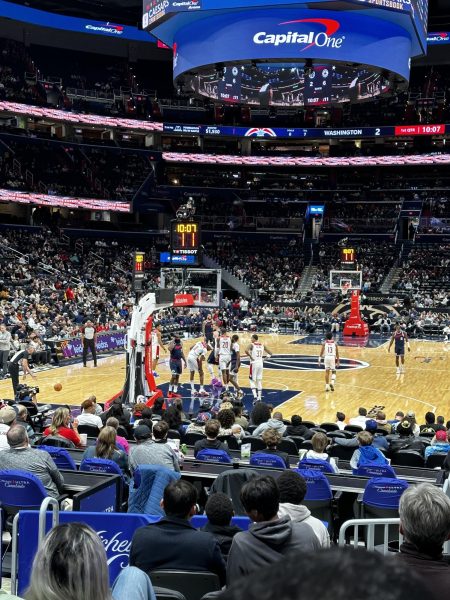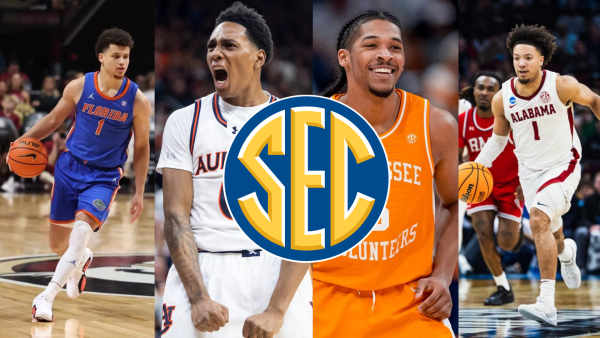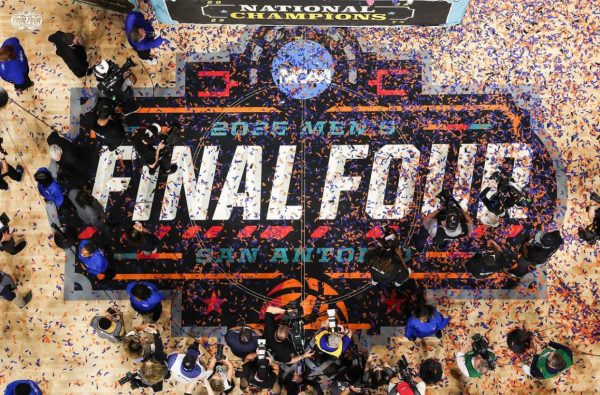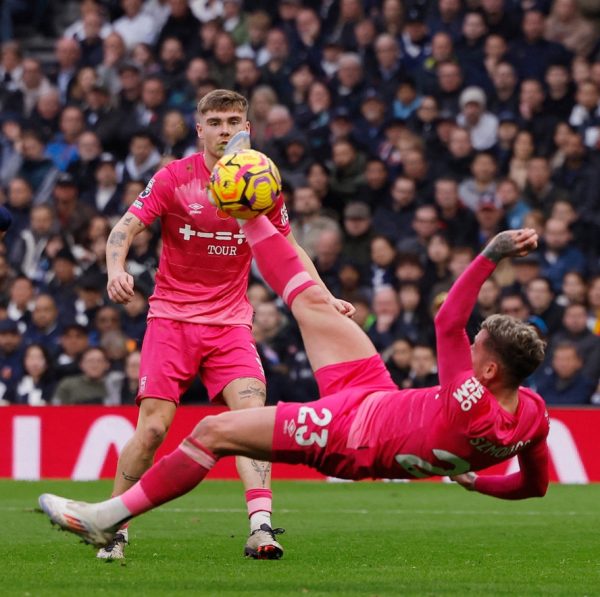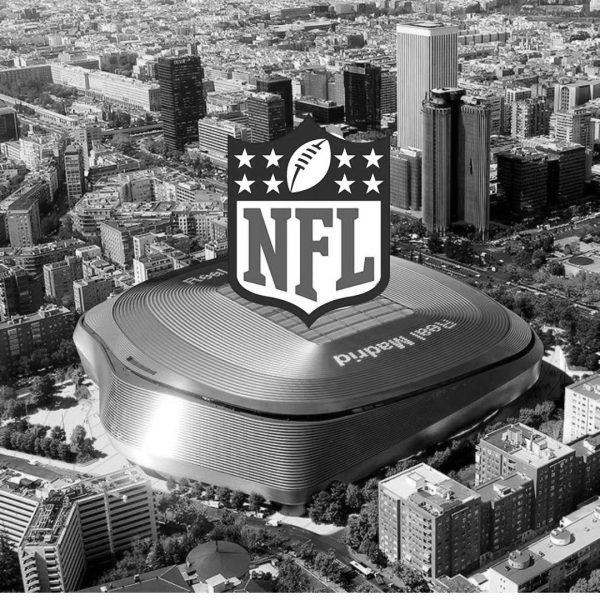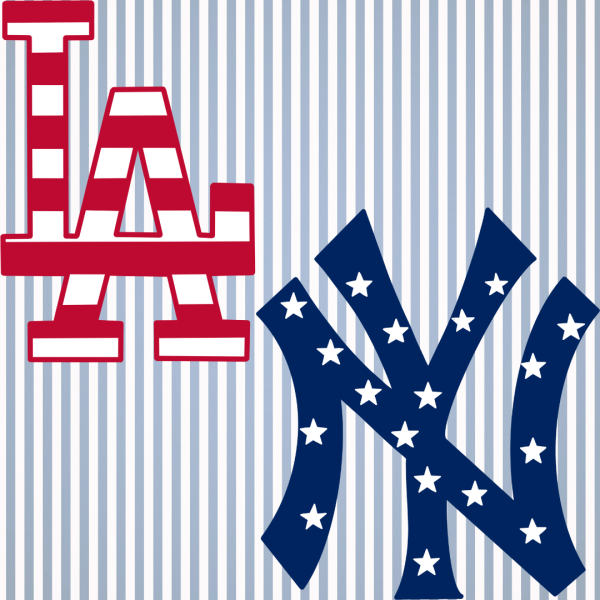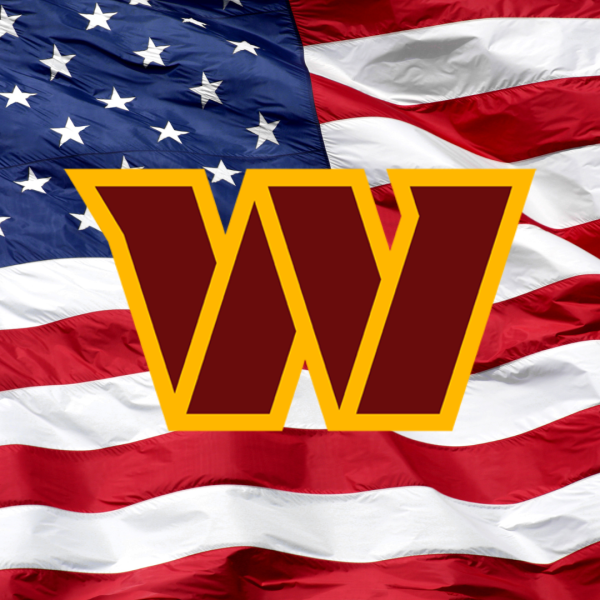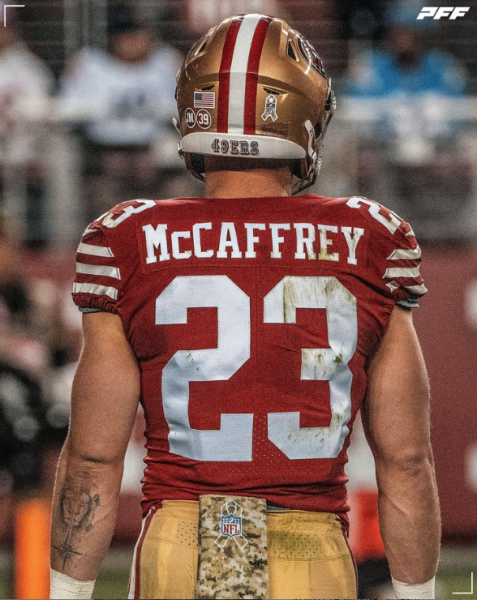Ridding Sports of the National Anthem is Ridding Tradition and Remembrance
There is something special about the rendition of the national anthem inside any ballpark, arena or stadium at a professional sporting event.
Before the first pitch is thrown, the opening tip hoisted into the air or the kickoff sent soaring, the congregation and those watching at home pause from the anticipation to take a moment to come together and create a common ground for reflection while the storied song is harmonized. It is a sign of unity, pride and of country, and how far we’ve come. Especially at a time in our history when the nation is divided along political and social lines, we need the national anthem more than ever to strengthen us.
These sentiments are why it is concerning and disheartening to hear about the first effort by a professional sports franchise to do away with playing the national anthem. On Feb. 9, Tim Cato, a Dallas Mavericks beat writer for The Athletic, published a piece detailing how the Mavericks have ceased playing the national anthem at the American Airlines Center.
According to the article, the decision was made by team owner Mark Cuban who confirmed that it stemmed back to the Mavericks’ first preseason game. The Mavericks have played a total of 13 home games this season; however, all were without fans until Feb. 8 against the Timberwolves. It was then that the decision made behind closed doors was made public.
While the NBA and commissioner Adam Silver have since made a statement to the teams about playing the anthem in their arenas in accordance with league policy, Cuban later came out and said that the decision was not based on disdain for the United States. Rather, it came from hearing voices across society and sports express feelings that the anthem does not represent them, and the Mavericks desire for those voices to be heard appropriately.
“We’ve had a lot of conversations about whether or not we should play the anthem,” Cuban said. “And so, during the first preseason game, we decided to not play it and just see what the response was, knowing that we were going to have ongoing conversations about it.”
When Mark Cuban and the Mavericks discussed their plans for not playing the anthem, one of their goals was to see what the public response would be. This is quite ironic given the fact that until the Minnesota game, there was nobody in the arena to notice any changes. Likewise, with their supporters’ attitudes about people’s connection to the flag and the anthem, it’s hard to not see that as more than a baseless claim without surveying Americans at the game or in their homes, neither of which was possible.
The controversy has created a much heated, and of course divided, debate among politicians in Texas and sports media personalities. Along with their belief of it not representing certain social groups, some proponents have called into question the significance of the anthem at sporting events in contrast to entertainment venues and tried to suggest that most Americans are already tone-deaf to the anthem at games.
Putting forth these ideas of American disengagement with the anthem, whether at a game or tuned in from their television at home, toes the line on making a bold assumption about the average American and what is meaningful to them. Nonetheless, the removal of the anthem eliminates one major instance of tradition and remembrance in American culture.
Sporting events are some of the biggest mass gatherings in American culture and one of the first places where the anthem became a staple. The tradition began back in September 1918 during World War I in front of a somber turned raucous crowd at Game 1 of the World Series. It was a time when the nation was burdened by the perils of war and domestic incidences, needing a source of patriotism and pride to strengthen their resolve and remind them of the foundation upon which their country was built. The anthem reawakened that powerful spirit within them.
As history progressed, with the nation overcoming the war and many other tragedies after it, what remained was the nation itself and the freedoms we hold today. Therefore, the flag and the national anthem became reminders of how far the United States has come and the sacrifices that have been made to protect those freedoms. That includes the freedom to gather for a game, and where better to remind Americans of that reality.
Ridding sports of the national anthem isn’t a minor change. It means something to people in American Airlines Center, the soldiers across the country and those in Dallas and every other crevice of the nation. While every American certainly has the right to peacefully protest in ways that are respectful of others, the anthem’s removal creates that controversy around tradition and remembrance and will do nothing more than aggravate the divide in America.
The best solution to this matter for the league and all sports should be to continue recognizing the need for social justice in society, while preserving the positive legacy that Americans have cherished. It is not fair to raise one’s voice while at the same time silencing another. The NBA’s response to the Maverick’s decision should benefit both sides of the debate, because it would be a mistake for anthem removal to become a trend in sports.



































































































































































































